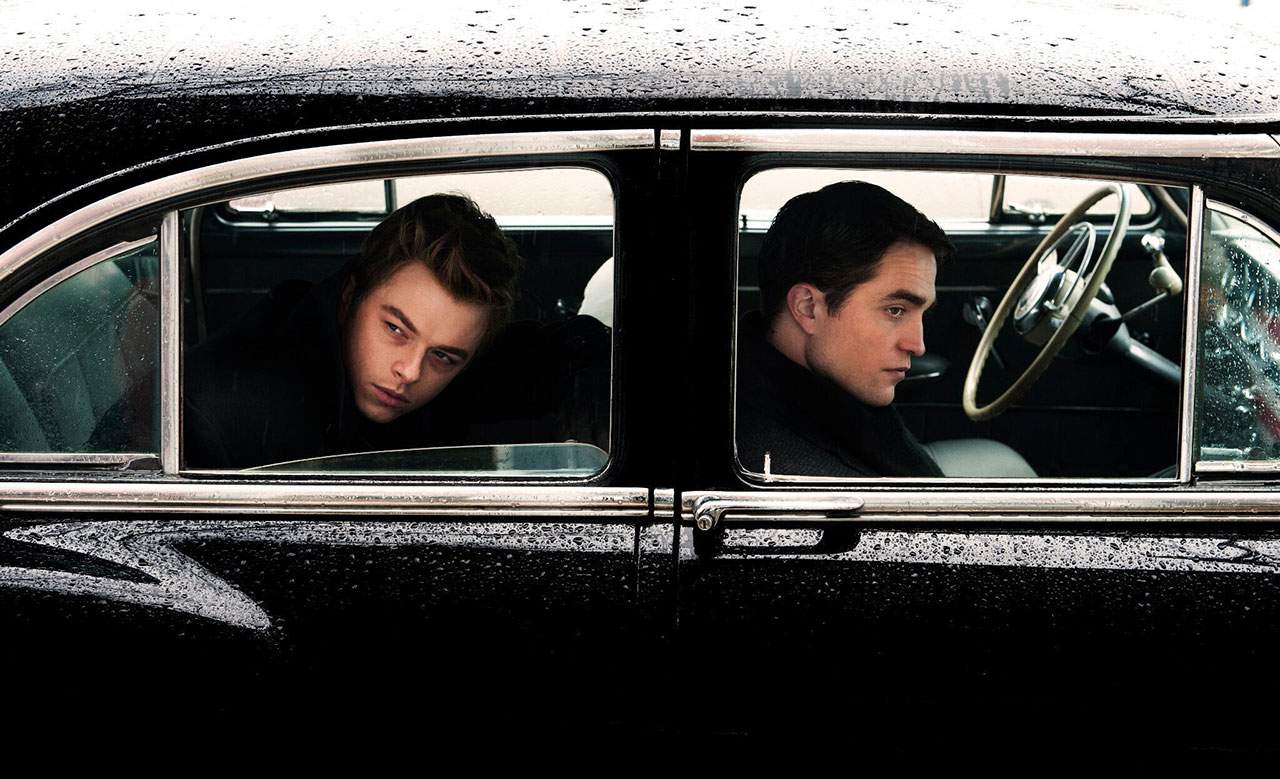Life
Control director Anton Corbijn is back with another beautiful, tragic biopic.
Overview
Sixty years after his death in a car accident at the age of 24, James Dean remains both an icon and an enigma. Much about him, including his hair and stare, have become instantly recognisable and commonly copied. Just as much about him, such as the contrast between his rebellious attitude and his evident shyness, still defies proper description.
In Life, writer Luke Davies and director Anton Corbijn attempt to replicate what was seen on the outside and unpack what lurked on the inside of James Dean. That Davies wrote the novel and co-wrote the script of Australian drug drama Candy gives an indication of the intimacy of the storytelling. That Corbijn made his leap from photographs to music videos to movies with Control, a portrait of Joy Division's Ian Curtis, shows the style, patience and perceptiveness so keenly needed in such a biopic.
Their approach to the smouldering Dean (as played by Dane DeHaan) is to show rather than tell the essence of the moody star, as seen in a snapshot spanning the lead up to the world premiere of his first film, East of Eden, plus his attempt to secure a role in his second, Rebel Without a Cause. Their entryway into his tragic narrative comes via 26-year-old Dennis Stock (Robert Pattinson), then an aspiring but struggling photographer looking to turn paparazzi gigs into acclaim, art and ongoing work.
History already dictates that one of Stock's big breaks came courtesy of the series of candid images he snapped of Dean; however, they only eventuated after much convincing. From first meeting at a Hollywood party to exploits across Los Angeles, New York and Indiana, Life tracks Stock's efforts, Dean's reactions, their problems and personalities, and their blossoming friendship.
The film bears the name of the magazine that would ultimately publish the photos, though that it doubles as an expression of a pivotal chapter in both its subjects' existences is always clear. Forget on-set antics and other markers of glitz and glamour, though, with the movie determined to stress that Dean didn't ever want to subscribe to the usual star behaviour. "I don't want to play their stupid games," he complains — and that he's often earning the ire of studio head Jack Warner (Ben Kingsley) by avoiding his publicity tasks also makes that evident.
Indeed, Dean is painted as a picture of complexity above all else, and afforded a portrayal to match. DeHaan may be following in James Franco's footsteps again — after playing Spider-Man's Harry Osborn, too — but his efforts here do more than impersonate either figure. His mannerisms conjure the famous actor's mix of awkwardness and panache, so much so that taking your eyes off of him is impossible. That's not to discount Pattinson's latest impressive post-Twilight performance, nor the rapport that springs from the two circling around each other — it's just to highlight DeHaan's intensity.
A similar level of concentration and attention to detail emanates in the graceful helming of Corbijn — and the visual precision of cinematographer Charlotte Bruus Christensen. The end result doesn't just step beyond the facade of a cinema treasure or tell the tale behind iconic images, it helps to create the same itself. Indeed, there's ample life in this film, which succeeds in capturing something and someone elusive.





